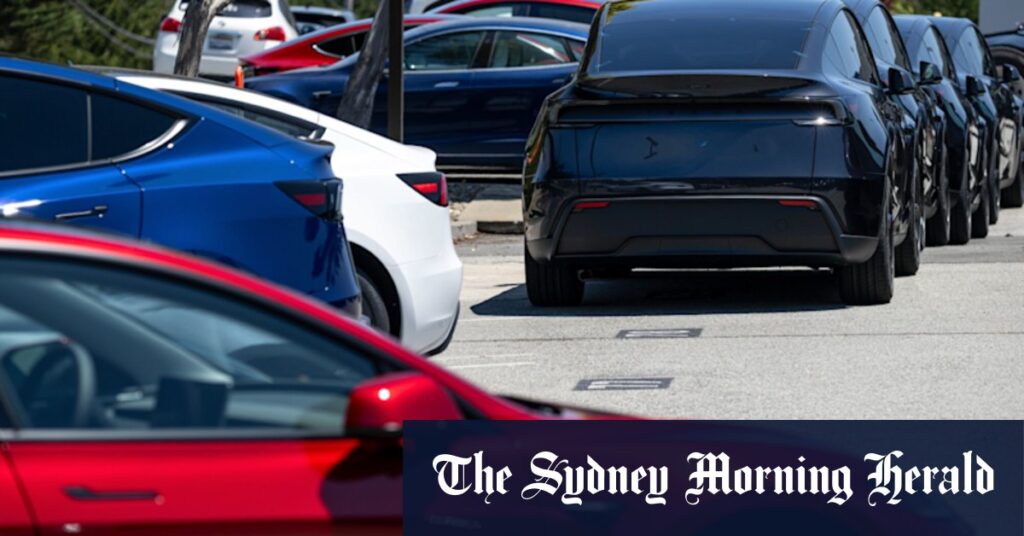
The nation’s treasurers have reached a consensus to chart a unified course for implementing a road user charge aimed at electric vehicle (EV) drivers. This decision comes as a response to the growing number of EVs on Australian roads, which currently do not contribute to the estimated $16 billion annual fuel excise that funds road construction and maintenance.
State, territory, and federal treasurers convened on Friday, setting forth principles for a plan to charge EV owners. In a statement from federal Treasurer Jim Chalmers’ office, issued on behalf of all treasurers at the video conference, it was emphasized that policies must evolve alongside the rapid development of EV technology. Although specifics on how the road user charge would be implemented remain unclear, the treasurers outlined broad principles to guide the reform.
Principles for Reform
The treasurers stressed that any reforms should not deter the ongoing adoption of electric vehicles. “Reforms should be designed to not deter the continued take-up of electric vehicles,” they stated. They also highlighted the importance of simplicity in the design of these reforms to minimize administrative and compliance burdens.
Furthermore, the treasurers committed to ensuring that any changes would be phased in a manner that supports the productivity, climate, and consumer benefits associated with the increasing adoption of electric vehicles. This phased approach is intended to align with broader environmental goals and economic strategies.
Current Landscape and Challenges
The current fuel excise adds 51.6 cents to every litre of petrol purchased, contributing significantly to road funding. According to the Australian Automobile Association, this excise is projected to generate $15.71 billion in the 2023-24 fiscal year. In addition, drivers of heavy vehicles, such as trucks and buses, pay a road-user charge on diesel purchases.
Victoria previously legislated a road-user charge on electric vehicles in 2021. However, the High Court voided this legislation in 2023, ruling that such taxes fall under federal jurisdiction. Meanwhile, New South Wales has enacted a similar charge, though it is not yet operational.
National Support and Future Implications
Last month’s federal economic summit revealed broad support for a road user charge on electric vehicle drivers. Prime Minister Anthony Albanese has expressed that such a move seems inevitable. Data from the Australian Automobile Association indicates that approximately 7% of vehicles sold are battery electric vehicles, reflecting a growing trend towards sustainable transportation.
The rise in electric vehicle sales is seen as a positive step towards reducing Australia’s greenhouse gas emissions. Government policies have been increasingly geared towards encouraging the adoption of electric vehicles to meet environmental targets.
“We will ensure any changes are phased to enable the productivity, climate and consumer benefits of increasing electric vehicle uptake over the coming years.”
Looking Ahead
The announcement by the treasurers marks a significant step towards integrating electric vehicles into the national road funding framework. As discussions continue, stakeholders will be watching closely to see how these principles translate into actionable policies. The move represents a critical juncture in balancing environmental objectives with infrastructure funding needs.
As Australia navigates this transition, the impact on consumers, the automotive industry, and the broader economy will become clearer. The next steps will involve detailed planning and consultation to ensure that the road user charge is both effective and equitable.







